
A Black History Month Reading List to Re-imagine Trumpspeak America
In an era of doublespeak, George Orwell’s 1984 has found new appeal for US readers. In response to White House alt-facts, readers have reportedly flocked to Orwell’s dystopic analysis of the perils of Stalinism, set in a parallel post-WWII Britain.
Orwell’s book certainly has wide appeal. Beyond its literary charms, it gives us a view on why people “like us” fall in line with a suffocating, autocratic system. Beyond 1984, a number of authors and book lovers have come up with more lists of what to read in an era of Trumpspeak. Yet most of the listed works about fascist futures, resistance reading, and Trumptopias have been made up of works by white writers.
The current turn towards militarist-laissez-faire nativism in the US surely borrows a good deal from the KKK and other anti-Reconstruction forces. America’s great black writers aren’t the only ones writing about these forces. But the seven books below are some of the greatest works grappling with a made-in-America doublefact. They aso show not just a catastropic collapse, but — in the cracks — other, better possibilities.
The seven:
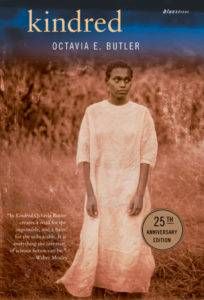
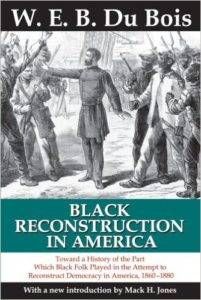
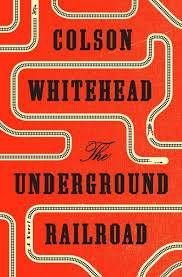
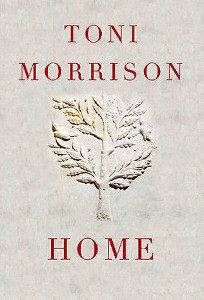
The Healing, Gayl Jones. Told through an African-American autodidact faith healer. Here, in the face of fascist alt-facts, there is magic, healing, self-healing, and belief.
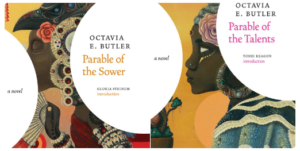
These are Butler’s two books that show how America descends into MAGA madness, centered on a Texas-bred presidential candidate who uses the slogan Make America Great Again (yes, really) as a siren call to his movement toward populist-nativist-misogynist-racism. But then, beautifully, The Parable of the Sower also shows how the country finds its way out. Although there are no red hats emblazoned with MAGA, and a few other things depart from 2017, there’s plenty that’s familiar among the fantastic worlds of militias that act out their Christian-nativist fantasies and bring back slavery. But Butler is never a writer of defeat, and, when reading her very bleakest scenarios, the reader always knows there will be a counterpoint of creation.











